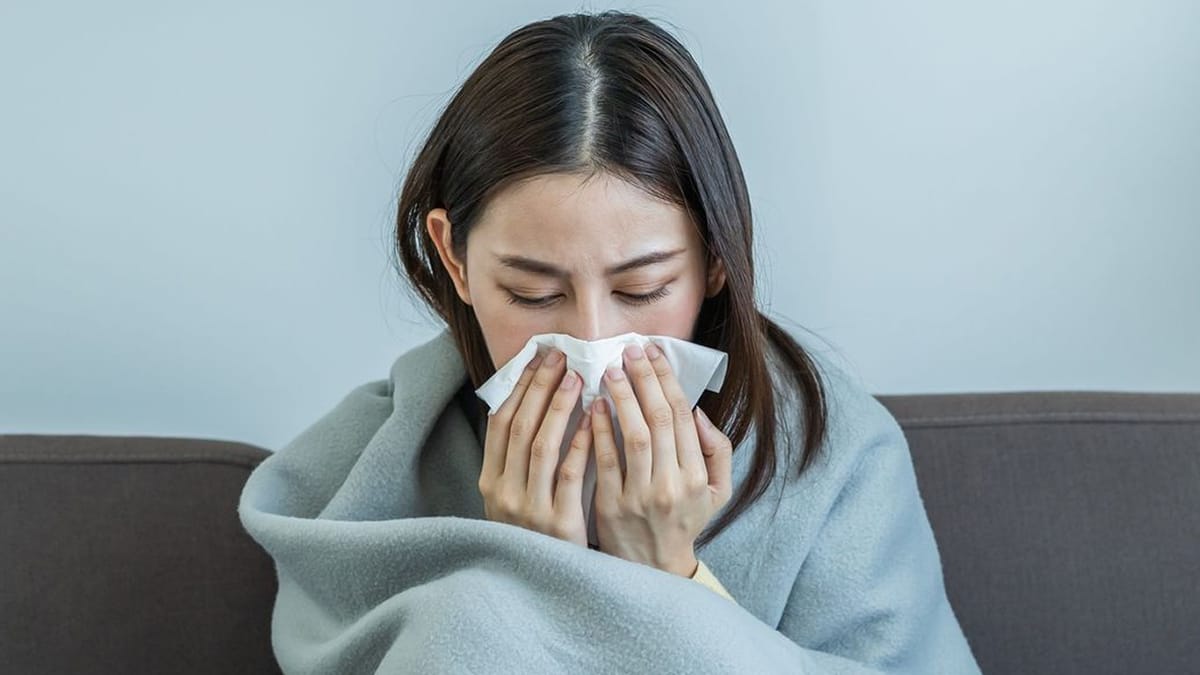Vitamin C and Cold Prevention: 8 Science-Backed Insights
Vitamin C has long been promoted as a natural shield against colds, but does it actually work? Research shows that while Vitamin C is not a miracle cure, it can play a meaningful role in reducing the duration and severity of colds under certain conditions.
Vitamin C and Cold Prevention: 8 Science-Backed Insights
In this article you’ll discover eight science-backed insights on Vitamin C and cold prevention, plus actionable steps you can take today to strengthen your immune defenses.
For decades, millions of people have reached for Vitamin C tablets at the first sneeze. Yet myths and misconceptions abound. By understanding what science really says, you can avoid wasting money, reduce your risk of illness, and adopt a smarter, evidence-based approach to staying healthy.

Why Vitamin C Matters for Immunity
Vitamin C (ascorbic acid) is an essential nutrient that supports immune cell function, antioxidant defense, and tissue repair. Because the human body cannot store large amounts, regular intake through food or supplements is crucial. The recommended daily allowance (RDA) for adults is 75 mg for women and 90 mg for men, with an upper limit of 2,000 mg per day. During periods of stress, infection, or intense exercise, your body may need more Vitamin C to maintain optimal immune function.
Insight 1: Vitamin C Reduces Cold Duration, Not Incidence, in the General Population
Large reviews, including the Cochrane Database of Systematic Reviews, found that routine Vitamin C supplementation (200 mg or more daily) does not significantly reduce the chance of catching a cold for most people. However, it does shorten the duration and lessen the severity of symptoms once a cold starts. This means Vitamin C is more of a recovery aid than a prevention tool for the average adult.
Insight 2: High-Stress Populations Benefit More
Certain groups under physical stress, such as marathon runners, skiers, and soldiers, showed up to a 50 percent reduction in cold incidence when supplementing with Vitamin C. If you are frequently exposed to extreme physical exertion or harsh environments, daily Vitamin C may genuinely reduce your risk of catching a cold.
Insight 3: Antioxidant Power Protects Immune Cells
Colds trigger oxidative stress that can damage immune cells. Vitamin C neutralizes free radicals, preserving the function of white blood cells and supporting faster recovery. Combining Vitamin C with other antioxidants like vitamin E and zinc can further support immunity.
Insight 4: Supports Mucosal Barriers
Vitamin C is essential for collagen production, which strengthens the epithelial barriers in your nose, throat, and lungs. Stronger barriers mean fewer viruses penetrate. Adequate Vitamin C intake also helps maintain the integrity of blood vessels, reducing inflammation in the respiratory tract.
Insight 5: Works Best with Consistent Intake
Taking a massive dose of Vitamin C after symptoms appear is less effective than maintaining adequate levels beforehand. Steady intake through diet citrus fruits, berries, bell peppers, broccoli is the best way to ensure your immune system has the resources it needs.
Insight 6: Food Sources Beat Single Megadoses
Whole foods provide Vitamin C along with bioflavonoids and phytonutrients that enhance absorption and add additional immune benefits. While supplements can help, they should complement, not replace, a nutrient-rich diet. Smoothies combining kiwi, spinach, and oranges are a powerful, tasty option.
Insight 7: Potential Side Effects of Excessive Supplementation
More is not always better. Regularly exceeding 2,000 mg per day can cause diarrhea, stomach cramps, and may increase kidney stone risk in susceptible individuals. Buffered forms can reduce stomach irritation, but staying within safe limits is crucial.
Insight 8: Personalized Approach Works Best
Your age, lifestyle, and health status determine how much Vitamin C you need. People who smoke, have chronic conditions, or are under high stress may require higher intakes. Talk with a healthcare professional to tailor your Vitamin C strategy for optimal cold prevention.
Practical Steps to Harness Vitamin C for Cold Prevention
Build a daily habit of eating at least five servings of fruits and vegetables rich in Vitamin C.
Consider a moderate supplement (200–500 mg daily) during cold and flu season, especially if under stress.
Stay hydrated and get enough sleep—Vitamin C works best as part of a holistic approach.
Pair Vitamin C with zinc lozenges or probiotics for synergistic immune support.
Monitor your intake to avoid exceeding the safe upper limit.
Scientific References
Cochrane Database of Systematic Reviews: Vitamin C for preventing and treating the common cold.
National Institutes of Health Office of Dietary Supplements: Vitamin C Fact Sheet.
European Journal of Clinical Nutrition: Vitamin C intake and immune function.
Real-World Experiences
Many parents report fewer sick days at home after adding daily fruit smoothies rich in Vitamin C for their children. Athletes find they recover faster from intense training when they maintain steady Vitamin C intake. These stories echo what studies have confirmed about Vitamin C’s supportive—but not magical—role in cold prevention.
Tips, Tricks, and Warnings
Do not rely on Vitamin C alone; combine with proper hand hygiene, vaccination, and balanced nutrition.
Space out doses throughout the day for better absorption.
Use food sources first, supplements second.
Store fresh produce properly to preserve Vitamin C content.
Frequently Asked Questions
Does Vitamin C prevent colds?
In the general population, Vitamin C does not significantly reduce cold incidence, but it can shorten duration and severity.
How much Vitamin C should I take daily to reduce cold symptoms?
Studies show 200–500 mg daily may reduce symptom severity and duration when taken consistently.
Can I take Vitamin C after a cold starts?
It may still help shorten symptoms, but consistent intake before illness works better.
Are Vitamin C foods better than supplements?
Yes, food sources offer additional nutrients and are less likely to cause side effects.
Can too much Vitamin C be harmful?
Yes, exceeding 2,000 mg per day may cause diarrhea, cramps, and kidney stones in susceptible individuals.
Does Vitamin C work better with other nutrients?
Combining Vitamin C with zinc or bioflavonoids may provide additional immune support.
Should children take Vitamin C supplements for cold prevention?
Most healthy children can meet needs through diet. Consult a pediatrician before giving supplements.
Recommended Product Types
Moderate-dose Vitamin C capsules for daily maintenance
Buffered Vitamin C powder for sensitive stomachs
Vitamin C with bioflavonoids for enhanced absorption
Vitamin C plus zinc lozenges for cold season
Liquid Vitamin C drops for easy dosing
Final Thoughts: Key Takeaways
Maintain steady Vitamin C intake from fresh fruits and vegetables.
Use moderate supplements if diet is lacking or during high stress periods.
Combine Vitamin C with other healthy habits for maximum cold prevention.
Stay within safe upper limits to avoid side effects.
Personalize your Vitamin C strategy based on lifestyle and medical advice.
Start early—do not wait until you are sick.
Educate your family about evidence-based ways to use Vitamin C for immunity.
Reference & Additional Reading
Inspired by studies and insights from:
www.health.harvard.edu
www.menshealth.com
www.healthline.com
www.womenshealthmag.com
www.ncbi.nlm.nih.gov
www.webmd.com
www.medlineplus.gov
www.tridenttech.edu
www.burnexia.com

